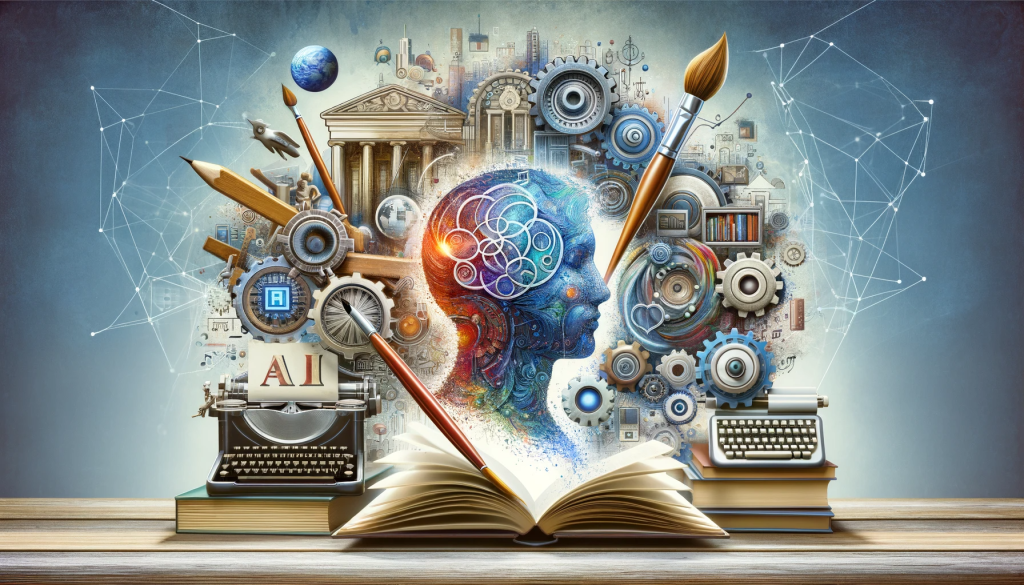
Universities across Asia, notably in China, are slashing liberal arts enrollments to expand STEM and AI programmes. Institutions like Fudan and Tsinghua are reducing intake for humanities subjects, as policymakers push for a high-tech workforce.
Despite this shift, educators argue that sidelining subjects like history, philosophy, and ethics threatens the cultivation of critical thinking, moral insight, and cultural literacy, which are increasingly necessary in an AI-saturated world.
They contend that humanistic reasoning remains essential for navigating AI's societal and ethical complexities.
Innovators are pushing for hybrid models of education. Humanities courses are evolving to incorporate AI-driven archival research, digital analysis, and data-informed argumentation, turning liberal arts into tools for interpreting technology, rather than resisting it.
Supporters emphasise that liberal arts students offer distinct advantages: they excel in communication, ethical judgement, storytelling and adaptability, capacities that machines lack. These soft skills are increasingly valued in workplaces that integrate AI.
Analysts predict that the future lies not in abandoning the humanities but in transforming them. When taught alongside technical disciplines, through STEAM initiatives and cross-disciplinary curricula, liberal arts can complement AI, ensuring that technology remains anchored in human values.

























